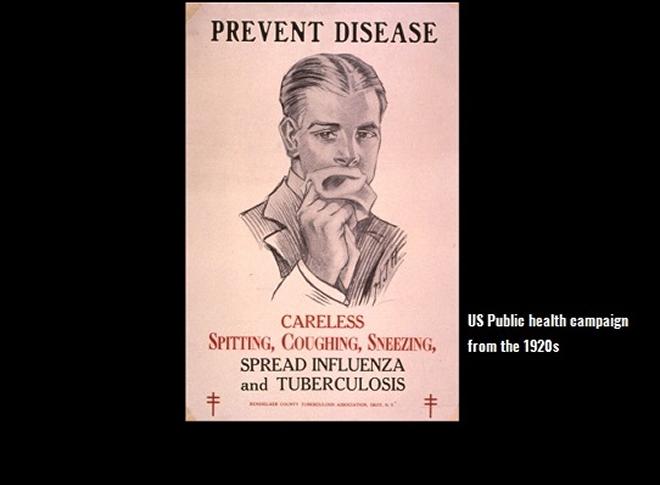Historic opportunity to tackle tuberculosis

Tuberculosis (TB) is the world’s deadliest airborne infectious disease and is found in every country in the world. An estimated 10.4 million people fell ill with TB in 2016 and it kills over 1.7 million a year. Despite this, TB still has a low profile on the global political agenda.
All this could change after 26th September 2018 when the first ever United Nations (UN) High-Level Meeting (HLM) on TB takes place in New York. This historic event will be bringing together Heads of States from around the world, along with different stakeholders (such as the Gates Foundation), to make ambitious commitments and create the political will needed to tackle TB across the globe.
With early diagnosis and treatment, TB is preventable and curable but it is still a very real global epidemic. It will take political will and financial investment to develop an effective vaccine, cost-effective diagnostic tools and new drugs resulting in shorter treatments.
In addition, a more holistic approach to TB control is needed in order to support patients who have the disease so that they can complete their treatment, regardless of their circumstances. Social support and poverty alleviation strategies for people with TB are needed to decrease costs, reduce stigma, empower those infected, and increase TB prevention.
The improvements in poverty levels, living conditions and nutrition that occurred during the Industrial Revolution in Europe were associated with a fall in TB rates, many years before the discovery of the TB bacteria or TB medicines. Today, the poorest households globally continue to suffer the highest levels of infectious diseases and, in trying to access healthcare, can be pushed deeper into poverty and ill health – or the so-called “medical poverty trap”. There is no disease that better typifies this trap than TB.
Yet it is a neglected disease, largely ignored and under-funded, and still using out-dated drugs. People affected by TB face months, sometimes years, of treatment, consisting of thousands of pills that can cause severe and permanent side effects. If we act now we could eliminate TB within a generation but if we don’t rapidly developing drug-resistance could send us back to a pre-antibiotic era.
After years of failure to reduce the high human and economic costs of TB, we have finally started to see higher-level political engagement. The world has begun to realise that drug-resistant TB poses a growing threat to global health. This was demonstrated at the G20 meeting of world leaders in July 2017, when TB was placed firmly on their list of global priorities.
Many of the UK's key allies are among the most affected. G20 countries account for over half of the world's TB cases, and 19 Commonwealth countries face a high TB burden. Tackling TB is therefore also central to the UK's commitment in its Aid Strategy to tackle global challenges in the national interest.
With a history of leadership on antimicrobial resistance (AMR) and investing in TB programmes, the UK has the power to help set the tone of the UN high-level meeting, and to ensure that the process gets the attention it deserves. It is vital that the UK Government uses its presence at this historic event to help develop a concrete plan for ensuring that countries around the world come together to make and deliver ambitious commitments to tackle this deadly disease.
Mark Pointer
Healthcare Science Practitioner
Norfolk & Norwich University Hospital
Microbiology Department
Innovation Centre
